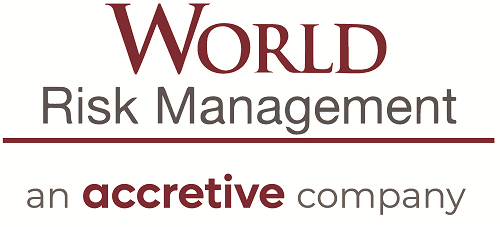Originally posted on BlueDrop by Colin McCabe.
Whilst risk management played a role in business prior to the financial crisis of 2007-2008, it didn’t have quite so much of a major importance as it does today. These days, if a company doesn’t find a way to prevent or mitigate risk then it can really struggle to get back on track. Unexpected risks can shut down a business for days and sometimes even longer, many never even re-open.
Despite the scary facts, it is thought that 75% of businesses today still don’t have a risk management plan in place. Whilst there are many forms of risk management insurance can be one the most important as it helps to prevent losses, and as we all know fewer losses mean higher profits.
How we can help your Risk Management
At Bluedrop Services risk management is taken seriously and we endeavor to meet our client’s requirements to achieve maximum profitability with minimum risk to them. We have implemented a specialist risk management department which will strive to succeed in aiding clients in the process of risk management and how to reduce risk.
Risk management is the identification, assessment, and prioritization of risk followed by coordinated and economical application of resources to minimize, monitor, and control the probability of any unfortunate events, which can occur at any time. The objective of risk management is to assure a company/task does not deflect from achieving its goals.
Risks can come from various sources depending on your type of business, these can include; road risk, potential failure of projects, legal liabilities, financial risk, accidents, deliberate attack, incorrect or no process and procedures, and poor health & safety policies. All of which could have a serious financial impact on a business or body.
Where should you focus your Risk Management?
Emerging companies should focus in particular on employer’s liability, data privacy and cyber liability, errors and omissions liability, directors’ and officers’ liability (D&O) and, depending on the number of employees, fiduciary liability and employment practices liability policies. By identifying and assessing risk early this will reduce the chance of a potential financial impact on a business.
How to reduce your risk
Strategies to manage risk typically include avoiding the risk, reducing the negative effect or probability of the threat, transferring all or part of the risk to another party, and even retaining some or all of the potential or actual consequences of a particular risk.
Although risk management has no measurable improvement on risk there is an increase in confidence in the decisions made by risk management strategies.
Simple risk assessments can be completed to reduce any type of risk, these should include:
1. What is the threat/risk
2. Who is exposed and why
3. Current process
4. What can be done to reduce the exposure
5. Documentation of the above
Sensible risk management is about taking practical steps to protect people from real harm and suffering not bureaucratic back covering. Taking a sensible approach to risk management is about ensuring the safety of employees and public, learning & understanding by all and responsibility of risk by companies.

